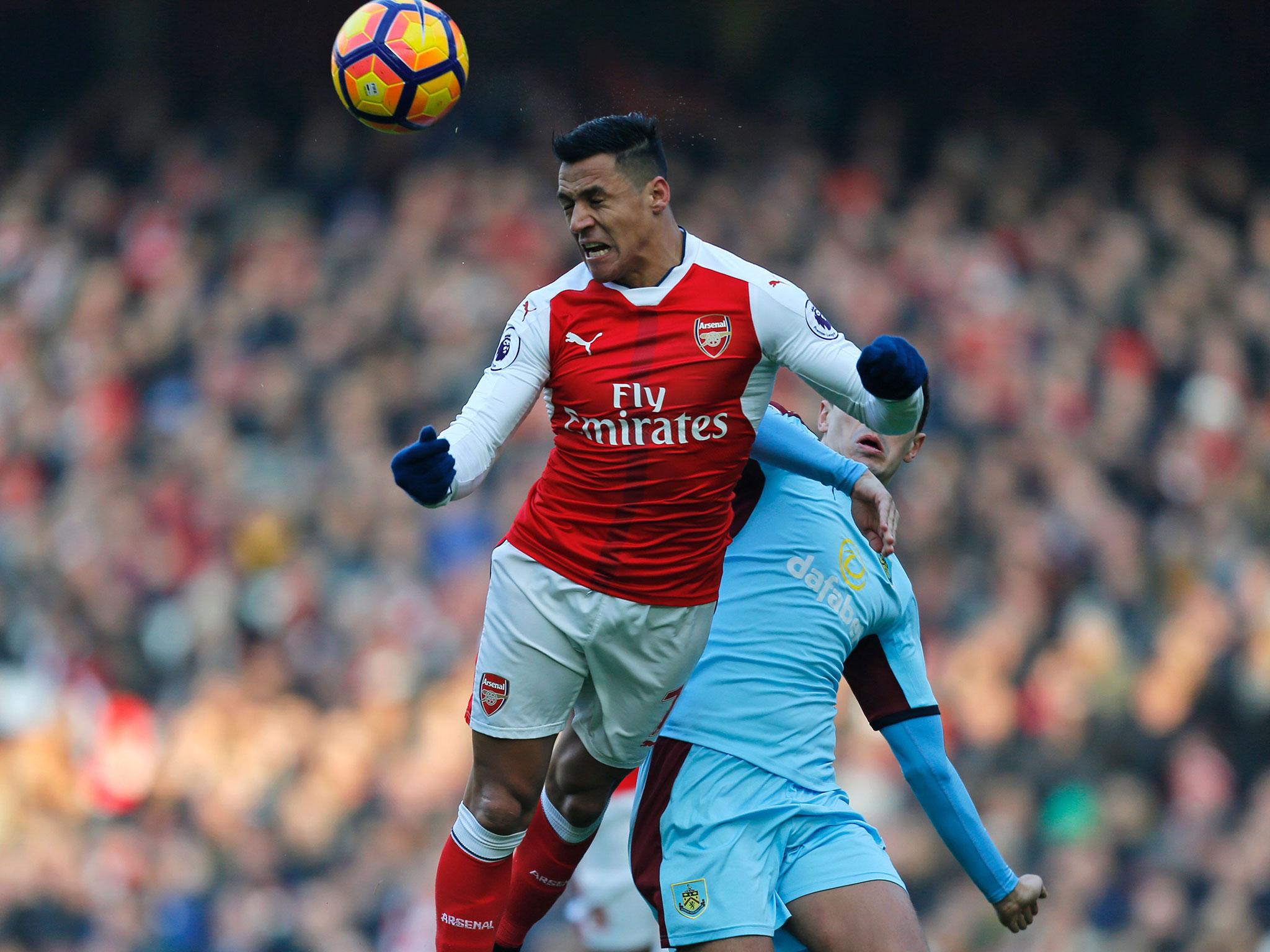Repeated heading of a football can cause concussion, new study shows
A study of 222 adult amateur players published in the journal of the American Academy of Neurology revealed that repeated heading was a cause of concussion

Your support helps us to tell the story
From reproductive rights to climate change to Big Tech, The Independent is on the ground when the story is developing. Whether it's investigating the financials of Elon Musk's pro-Trump PAC or producing our latest documentary, 'The A Word', which shines a light on the American women fighting for reproductive rights, we know how important it is to parse out the facts from the messaging.
At such a critical moment in US history, we need reporters on the ground. Your donation allows us to keep sending journalists to speak to both sides of the story.
The Independent is trusted by Americans across the entire political spectrum. And unlike many other quality news outlets, we choose not to lock Americans out of our reporting and analysis with paywalls. We believe quality journalism should be available to everyone, paid for by those who can afford it.
Your support makes all the difference.Frequent heading of a football does cause concussion and possible longer term neurological problems, scientists in the United States reveal in research published on Thursday which adds strength to demands that the Professional Football Association (PFA) end years of delay and investigate links between the sport and brain disease.
As pressure builds on both the PFA and Football Association to commission scientific research into whether heading is the cause of premature neurological disease suffered by players such as England World Cup winner Nobby Stiles, a study of 222 adult amateur players published in the journal of the American Academy of Neurology revealed that repeated heading was a cause of concussion, as well as one-off collisions which brought blows to the head.
The research found that 20 per cent of the players had experienced ‘moderate to very severe’ concussion symptoms after playing the game over a two-week period.
Though concussion was also connected with one-off ‘impacts,’ the research also found that players who head the ball most are three times more likely to have concussion symptoms than players who don't head the ball often. Scientists at Albert Einstein College of Medicine in New York, which undertook the study, compute that six cases of severe or very severe concussion will be caused by heading the ball each year.
"These results show that heading the ball is indeed related to concussion symptoms, which is contrary to a recent study that suggested that collisions were responsible for most concussions," said study author Michael L. Lipton, professor of radiology, psychiatry and behavioural sciences at Albert Einstein College. "The findings raise concerns about the long-term effects from heading the ball, and more research is needed."
The paper did not examine longer term effects on brain structure and function, only the occurrence of concussion-related symptoms. But on-going research is under way addressing those questions.

The British football authorities were alerted to the possible links between heading the ball and neurological disease 15 years ago, when an inquest’s analysis of the brain tissue of West Bromwich Albion player Jeff Astle pointed to one. But though research was promised by the PFA – the players’ union – none has been forthcoming. An initial PFA study was rendered useless because the players it selected to monitor drifted out of the game and the eventual sample size was too small. The family of Stiles, whose plight has been featured in The Independent, have now joined the campaign for research.
The players in the New York study were selected because they played for at least six months a year, and provided information which showed that men headed the ball 40.5 times on average every two weeks and women 27.
The participants were divided into four groups based on how often they headed the ball, with the top group heading the ball an average of 125 times in two weeks and the bottom group heading the ball four times in two weeks.
They were also asked how often they had any symptoms from the head impacts. Moderate impact was defined as moderate pain and some dizziness. Severe impact was defined as feeling dazed, stopping play or needing medical attention. Very severe impact was defined as losing consciousness. Of the 222, 18 had severe and 7 had very severe symptoms, which are both almost certainly evidence of concussion.
Join our commenting forum
Join thought-provoking conversations, follow other Independent readers and see their replies
Comments